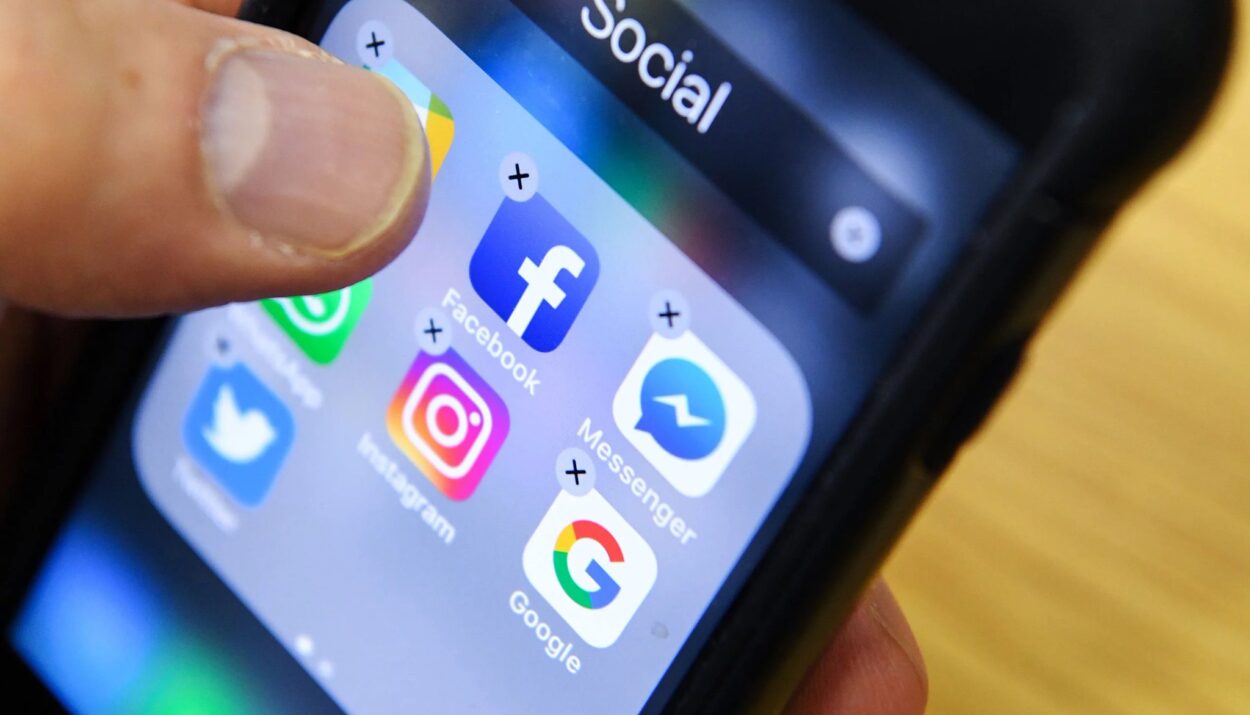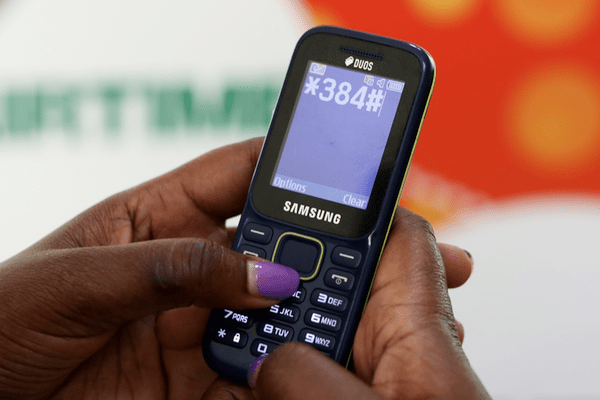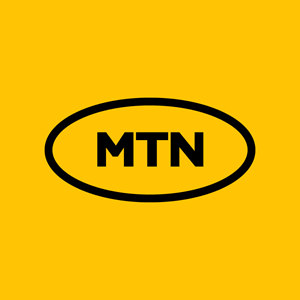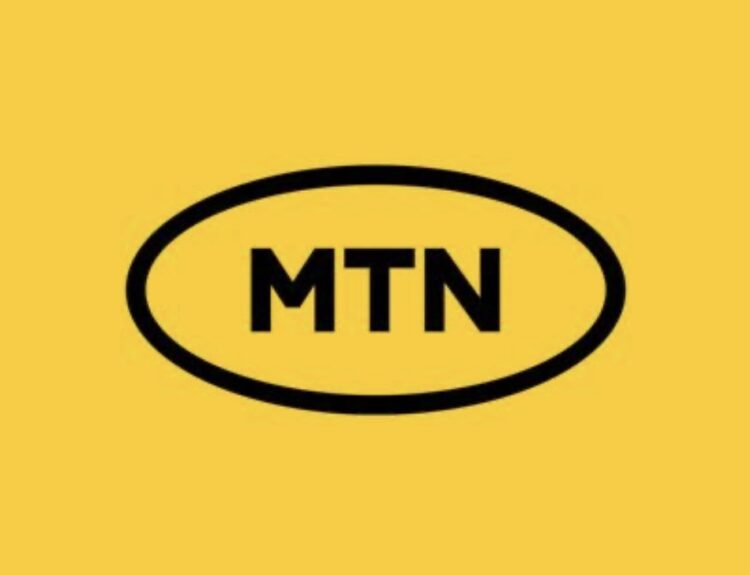Internet subscribers are individuals or organizations that have a contract or agreement with an internet service provider (ISP) to access the internet. They are customers who pay a monthly or annual fee to use the internet for various purposes, such as:
– Browsing websites
– Sending and receiving emails
– Streaming music and videos
– Online gaming
– Social media usage
– Remote work or education
Internet subscribers can be:
– Residential (individuals or households)
– Business (small, medium, or large enterprises)
– Government agencies
– Educational institutions
– Non-profit organizations
Internet subscription plans vary in terms of:
– Speed (bandwidth)
– Data limits
– Pricing
– Contract duration
– Type of connection (e.g., fiber, cable, mobile, satellite)
The number of internet subscribers is an important metric for ISPs, governments, and researchers to track, as it indicates the level of internet adoption and penetration in a region or country.
Below is full list of active internet subscribers across Nigerian states.
1. Lagos: 18.84m
2. Ogun: 9.53m
3. Kano: 9.07m
4. Oyo: 8.23m
5. FCT: 7.81m
6. Kaduna: 7.31m
7. Delta: 6.01m
8. Edo: 5.88m
9. Niger: 5.67m
10. Rivers: 5.65m
11. Katsina: 4.49m
12. Benue: 4.39m
13. Anambra: 4.28m
14. Kwara: 3.99m
15. Nassarawa: 3.87m
16. Osun: 3.85m
17. Ondo: 3.74m
18. Kogi: 3.63m
19. Bauchi: 3.51m
20. Plateau: 3.41m
21. Imo: 3.26m
22. Adamawa: 3.21m
23. Borno: 3.15m
24. Enugu: 3.14m
25. Akwa Ibom: 2.81m
26. Abia: 2.76m
27. Sokoto: 2.56m
27. Taraba: 2.56m
29. Kebbi: 2.53m
30. Jigawa: 2.31m
31. Cross River: 2.20m
32. Gombe: 2.19m
33. Yobe: 2.18m
34. Zamfara: 1.99m
35. Ekiti: 1.55m
36. Ebonyi: 1.40m
37. Bayelsa: 1.20m
<NBS>







